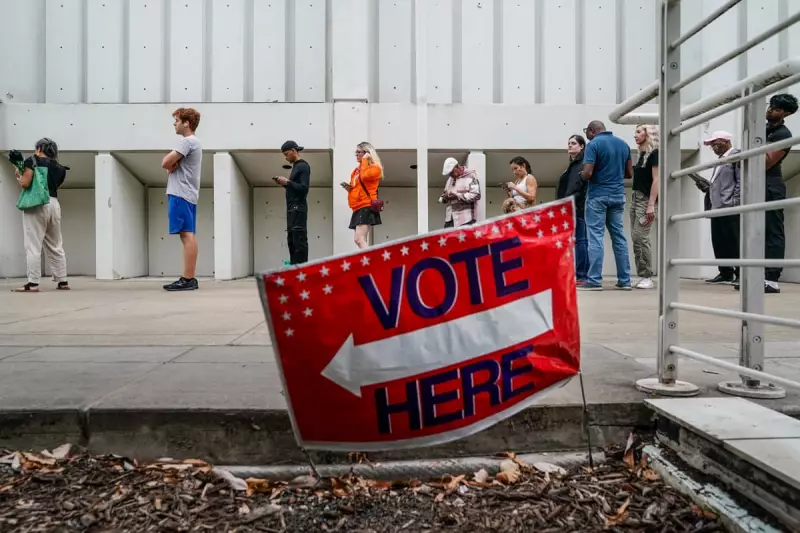
The United States Justice Department has initiated legal proceedings against the state of Georgia, alleging significant voting rights violations during the contentious 2020 presidential election. This landmark lawsuit represents one of the most substantial federal interventions in state election administration in recent years.
The Core Allegations
Federal authorities claim that Georgia officials systematically discriminated against minority voters through various administrative practices. The lawsuit specifically targets procedures that allegedly made it disproportionately difficult for Black and Hispanic citizens to cast their ballots.
The Justice Department filed the case on November 14, 2025, though the contested events occurred during the 2020 election cycle. Legal experts suggest this timing reflects the complexity of gathering evidence and building a comprehensive case against state election officials.
Central to the federal government's argument is that Georgia implemented voting regulations and procedures that violated the Voting Rights Act of 1965. The department contends these measures had a discriminatory impact on protected minority groups, effectively suppressing legitimate votes in communities of colour.
Specific Voting Rights Concerns
The lawsuit details several specific areas of concern identified by federal investigators. These include alleged restrictions on early voting hours in predominantly minority neighbourhoods, improper handling of absentee ballots, and what the Justice Department characterizes as "aggressive voter roll maintenance" that disproportionately affected minority voters.
Evidence gathered by federal investigators suggests that polling locations in communities with high concentrations of minority voters experienced significantly longer wait times compared to predominantly white areas. In some documented cases, voters in Black neighbourhoods waited over four hours to cast ballots, while nearby white communities reported minimal delays.
Another critical aspect of the case involves the handling of mail-in ballots. The Justice Department alleges that election officials applied signature matching requirements inconsistently, with ballots from minority voters being rejected at higher rates than those from white voters for similar signature discrepancies.
Broader Implications for US Democracy
This legal action arrives amid ongoing national debates about election integrity and voting access. The outcome could establish important precedents for how federal courts interpret voting rights protections in future elections.
Georgia has become a crucial battleground state in recent election cycles, with both major political parties recognising its growing importance in presidential politics. The state's changing demographics and narrow election margins have placed its election procedures under intense scrutiny.
Legal analysts suggest this case could take years to resolve, potentially reaching the Supreme Court. The proceedings will likely involve extensive examination of voting data, expert testimony about election administration, and constitutional arguments about states' rights versus federal oversight of elections.
Meanwhile, voting rights advocates have welcomed the Justice Department's intervention, while some state officials have criticised it as federal overreach. The case continues to develop as both sides prepare their legal strategies for what promises to be a closely watched courtroom battle over the future of American voting rights.





